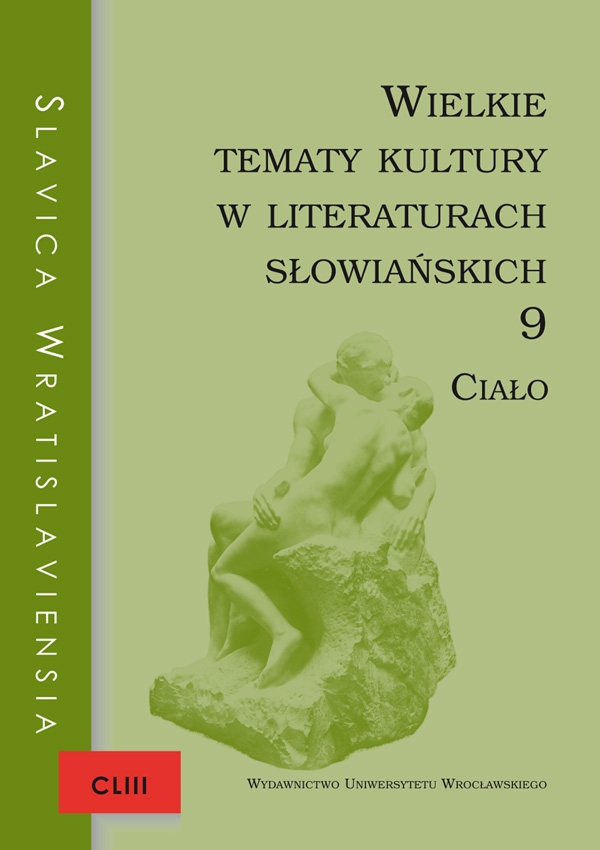

Articles

A hearty appetite for the body. On the archetype of sexual cannibalism in the literature of Russian symbolism
In the literature of Russian symbolism from F. Sologub, W. Briusow and K. Balmont through A. Biely and A. Blok one can find numerous instances of interpreting sexual desires as a hearty appetite for the body. The sources of the sexual cannibalism are located, on the one hand, in the world subordinated to the laws of biology, and on the other hand, they are in the mythical, archaic cultural conscience of the epoch of the modernist ferment. In the works of Symbolists, the appetite for the body is connected with the experience of the duality of the bodily structure. A man accepts his sexuality only when it is a way of seizing and taming a foreign nature. However, in this peculiar rivalry of the two sexes, which are antagonistic to one another, the man is usually defeated: and is either eaten during the act of love by the female-praying mantis, or, letting the woman rape his body and identity, dies as consciousness. In such a man, humiliated and abused by the powers of Nature, there is the growing sense of defeat and revenge. It is then, when the roles are swapped; the man turns into the executioner and by means of the act of biting, consumes the female sex, at the same time committing rape in the vampire fashion. The man considers himself a fallen god, that is why he is so rebellious against his corporeality; it is unbearable for him to live with the knowledge that he has fallen from the heights of LOGOS into the dark chaos of sexual desires. The sexual cannibalism becoming an accomplished act, symbolizes the final victory of the spiritual EROS, incarnated into a man, which leads at the same time towards the renewal of his sexual self.